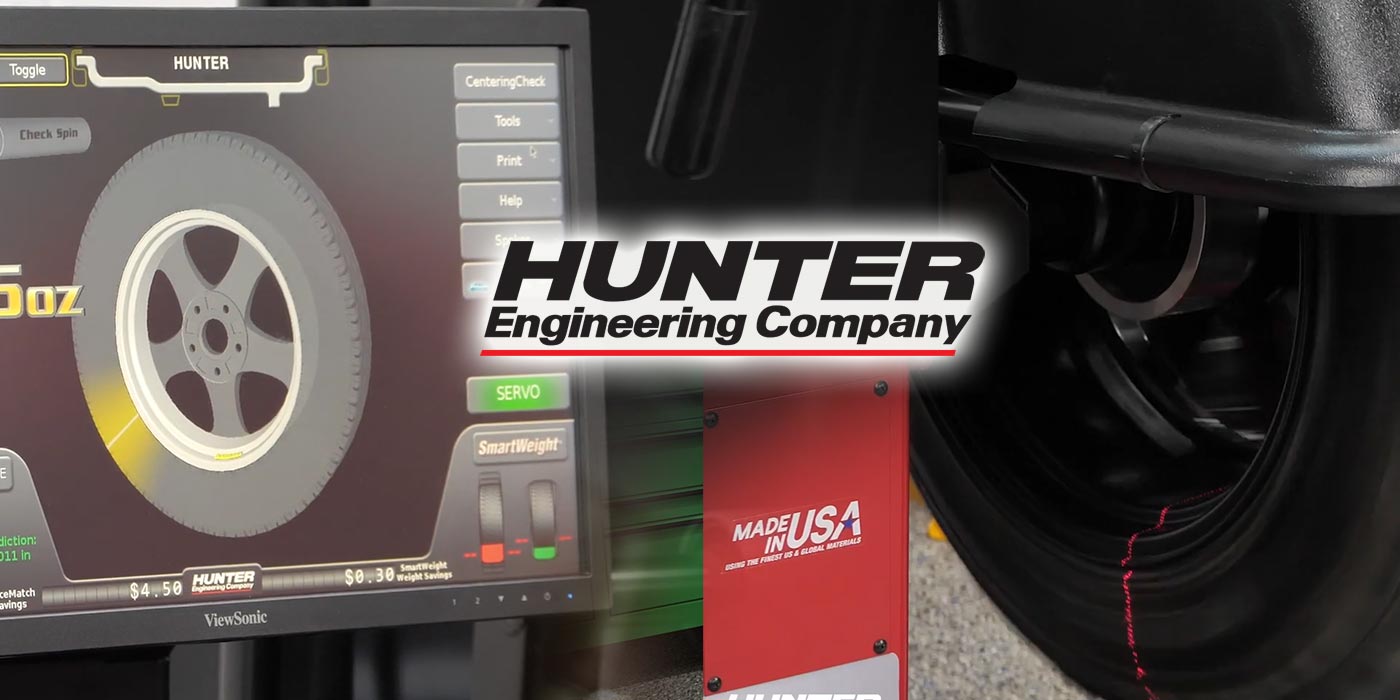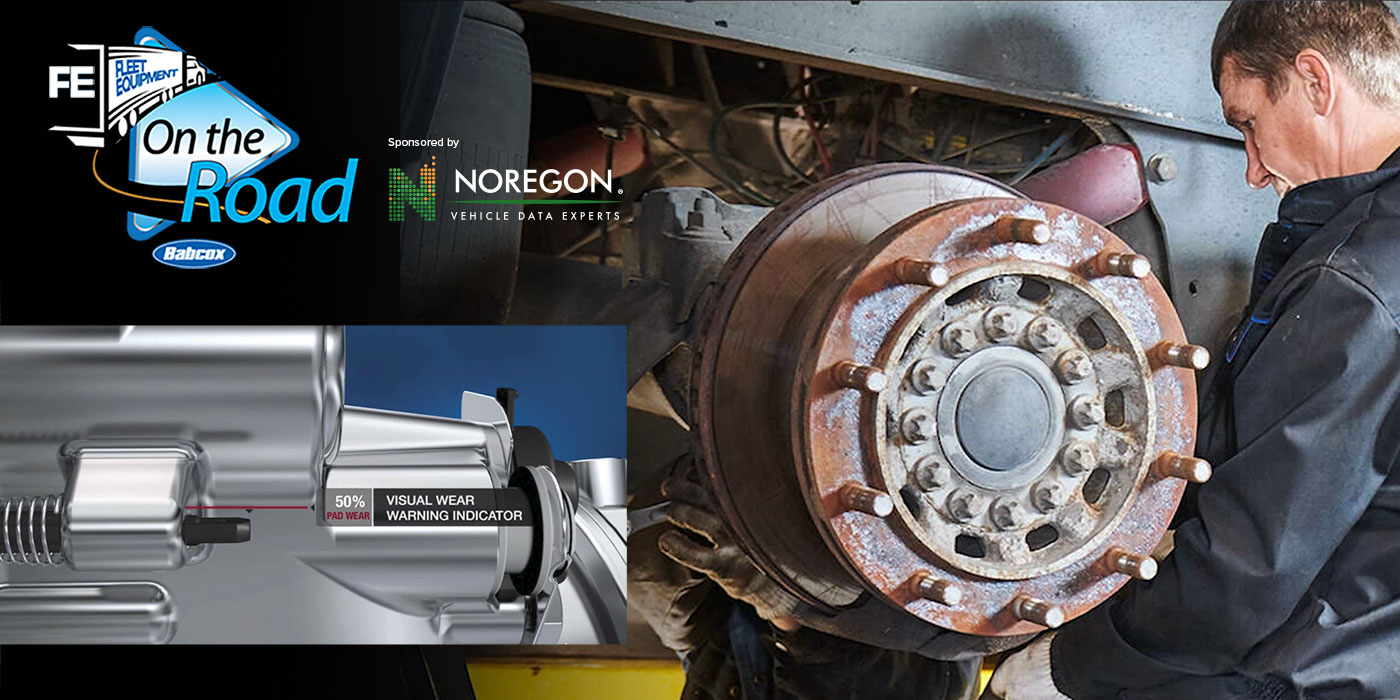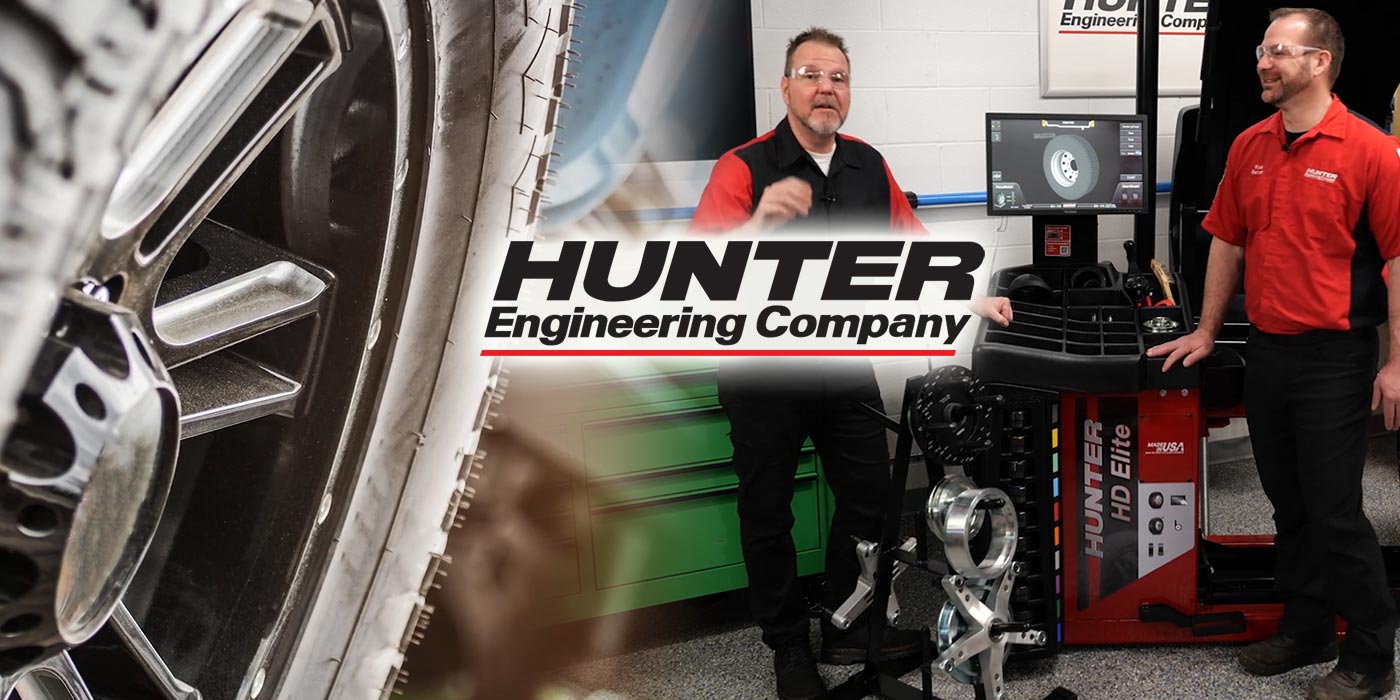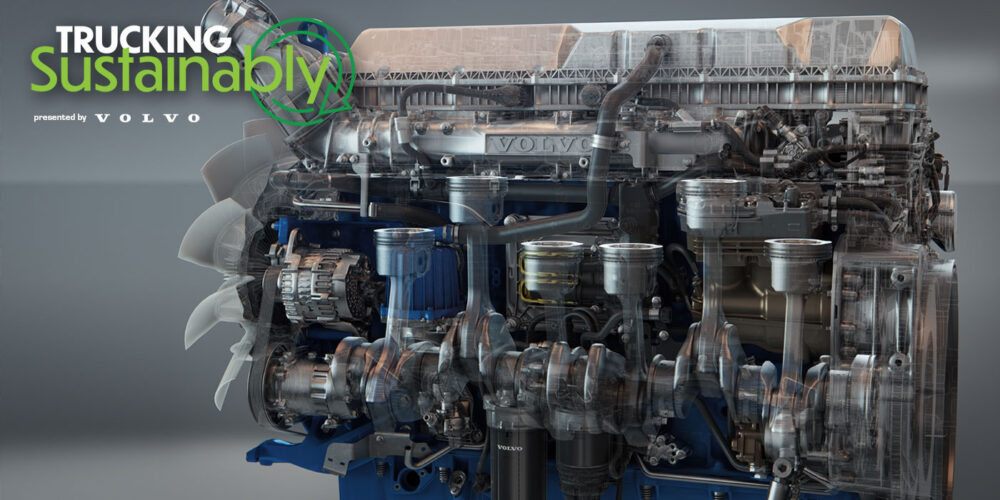Trailers are susceptible to a variety of potential issues when running during the winter. Luckily, with the right maintenance program, much of this damage can be avoided altogether.
Click here to watch more of FE’s On the Road video series.
Here is a transcript of the video:
There are two main areas of concern for trailers in the winter: keeping the trailer clean of deicers and other debris, and keeping moisture out of the trailer itself.
Let’s start with those pesky chemicals—a necessary evil of the winter roadways, at least in those states and provinces that experience snowfall.
Many of these chemicals, if not properly cleaned off your equipment, can lead to oxidation and corrosion damage. Most equipment nowadays is equipped with hot dip galvanize or wax-dipped coating to prevent corrosion. Even with these protections, though, corrosion can take place where rocks, gravel or road debris penetrate the protective coating or HDG components. Allowing road salts and chemicals to remain in contact with these untreated areas could damage the trailer and require expensive, time-consuming repairs.
If the trailer spends a significant amount of time in the Northeast or upper Midwest, you should highly consider washing that trailer every 30 days or so.
Moving on to the second major winter consideration, let’s talk about the trailer’s air system. It’s of ultimate importance to keep the air system clean and dry, because the last thing you want is moisture making its way into the system during the day and freezing overnight.
To help avoid this, enclosed air systems for brakes and air-operated equipment should have any accumulated moisture drained regularly. Ice and mud on brake lines and actuators is also a big thing to take care of on a daily basis, because if an air leak should occur, it will be pretty difficult to find under ice and mud.
Air lines, hoses and mounting fixtures can become brittle when they get cold, and thus more susceptible to failure. Before winter really hits, so, like, right now, make sure your air hoses are in good condition, free of defects and not dry rotted. Double-check the air springs and hose supports to make sure the air lines aren’t hanging too low.
One more quick tip: Electrical systems tend to be affected more in the winter than the summer months. Be sure all lights have a proper connection to avoid letting water in. Corrosion can cause the light to fail and also lead to additional repairs down the road such as replacing the light base or re-wiring. Use dielectric grease on seven-way connectors, light connections and any other exposed electrical connections. This will reduce the potential for corrosion and light failures.













